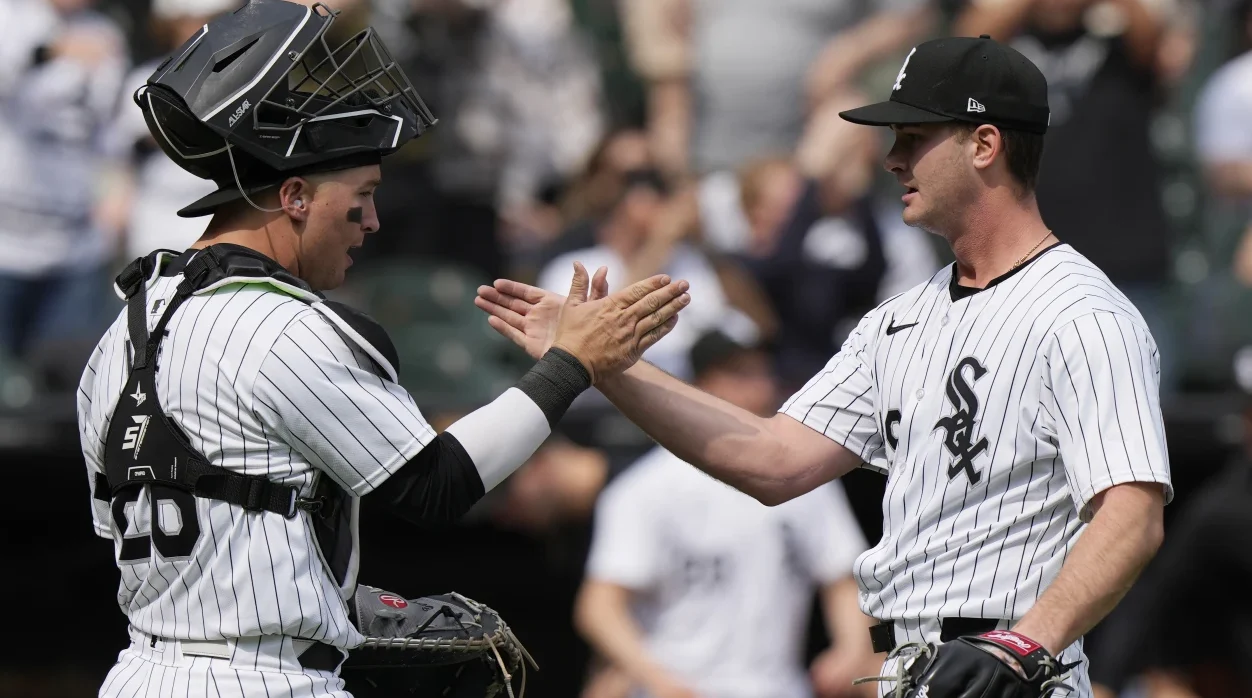Grady Sizemore felt like he was playing a video game as he filled out the lineup card for the Chicago White Sox ahead of their game against the crosstown Cubs on Friday. The situation, of course, was far more serious.
“This is on a different level, a different scale, but it’s still fun and I can’t wait to go out there and compete,” Sizemore said.
Sizemore found himself in a role he hadn’t anticipated as he took on his first game as interim manager. This change came a day after the White Sox fired Pedro Grifol, with the team on track to finish with one of the worst records in modern baseball history.
The change happened two days after the team ended a 21-game losing streak, which matched the American League record.
The White Sox entered Friday’s game with a record of 28-89 and were on pace for a 39-123 finish, which would be the worst major league record since the Cleveland Spiders went 20-134 in 1899.
Sizemore, a three-time All-Star and two-time Gold Glove center fielder with Cleveland spent last year interning with the Arizona Diamondbacks under general manager Mike Hazen after several years away from baseball. He joined Grifol’s staff as a major league coach this season.

General manager Chris Getz has said the White Sox will hire a manager from outside the organization after the season and it will be someone currently working in a major league uniform. Sizemore is okay with that.
He said he is “grateful for the opportunity” and “never saw that coming.” He didn’t return to baseball with the intention of managing a team.
“I didn’t come in this to manage,” he said. “There was no appeal factor there. It was really getting to know these guys, building trust, trying to build relationships and make an impact. I started this because I enjoyed working with some players and I enjoyed the feedback I get from them when I was able to help. That’s what I’m trying to lean into.”
The White Sox are on track for their sixth 100-loss season, which would be the first time in franchise history it has happened in consecutive years. Their worst winning percentage (.325) was in 1932, when they went 49-102-1.
